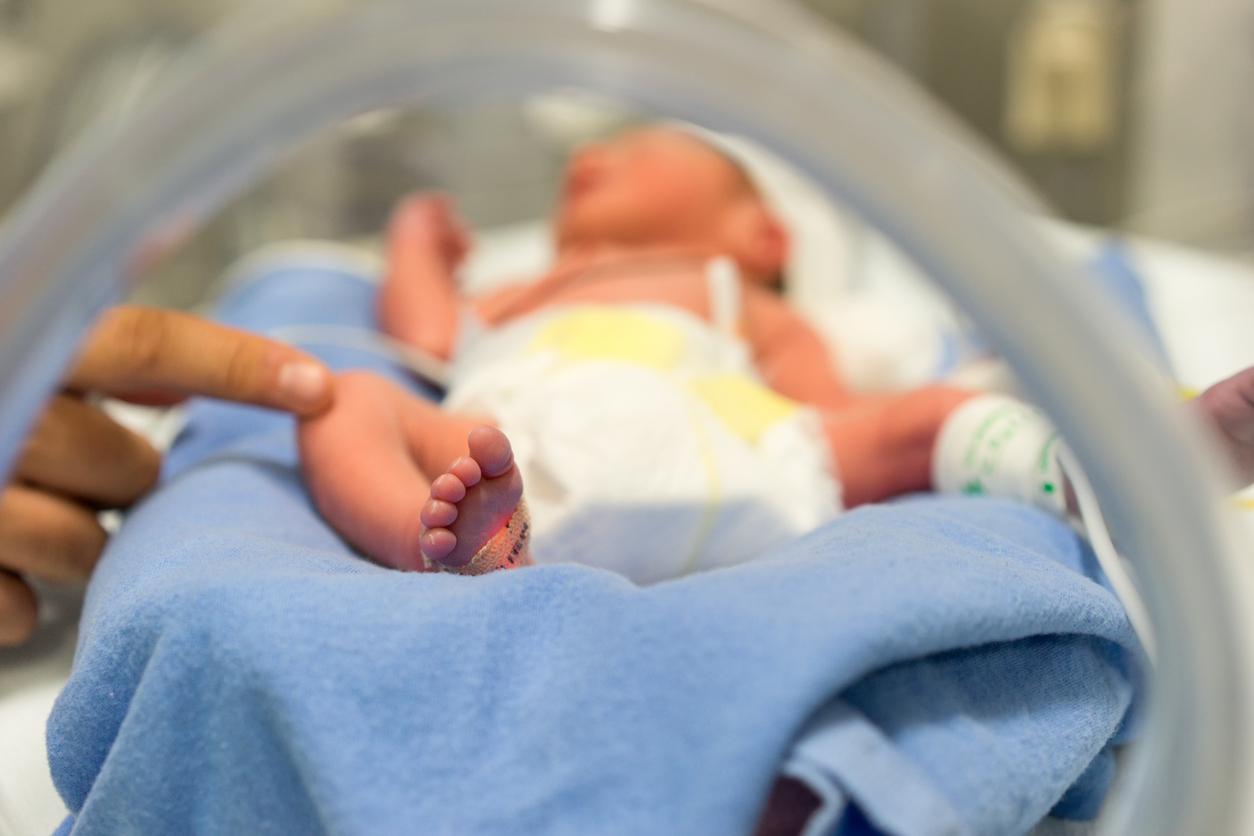A US study reveals the benefits of breastfeeding on premature infants with Spina Bifida, a serious malformation of the spine that requires immediate care at birth.

Multiple studies have already looked at the benefits of breastfeeding in newborns. Protecting them against infections, reducing the risk of developing asthma and beneficial for their brain development and the maturation of their digestive system, breast milk is now the subject of new work carried out with infants who are late premature but vulnerable due to their state of health.
Produced by the University of Pennsylvania School of Nursing, they show the benefits of breast milk in a hospital care program for children in Pennsylvania born with myelomeningocele (MMC), a malformation of the meninges and spinal cord also known as Spina Bifida.
Helping newborns with weak sucking
Developing during the first months of pregnancy, Spina Bifida is a defect in the closure of the back part of one or more vertebrae, leaving the contents of the spine bare and unprotected (meninges, spinal cord, nerve roots, etc.). ). A bump then forms on the lower back. Although it is one of the most common congenital anomalies, it is also one of the most serious since it can cause various nerve damage, including hydrocephalus, nerve paralysis, but also incontinence and malformation members.
According to Diane L. Spatz, Professor of Perinatal Nutrition, “This study demonstrates that with appropriate evidence-based breastfeeding interventions, mothers of infants with myelomeningocele can expect to feed their infant human milk. and breastfeed her directly.”
Indeed, while breast milk is beneficial to vulnerable and/or premature infants, they may have difficulty latching on and/or maintaining a latch for milk transfer to take place.
This new work therefore shows the importance of circumventing this difficulty by organizing a personalized prenatal nutrition consultation for all mothers enrolled in the prenatal care program. This breastfeeding consultation focuses on the specific needs of infants with Spina Bifida and provides personalized solutions, such as early and frequent pumping of breast milk, skin-to-skin contact from birth, as well as the possibility for parents to supplement their breast milk supply with pasteurized donor milk. These solutions allow “babies to have an exclusive diet based on human milk, which is better for the intestinal integrity of the newborn”, write the researchers.
.

















